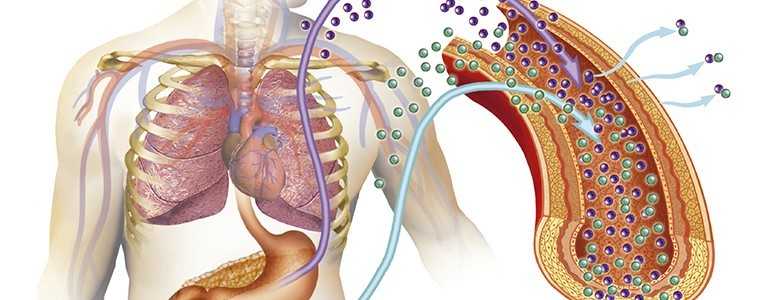Scientists behind a prototype vaccine to prevent children from getting type 1 diabetes are looking to test it on humans next year, it has been announced.
For 20 years, a team of researchers from Finland’s University of Tampere have been working on a drug which aims to protect the body against a virus which triggers type 1 diabetes.
Now, following successful tests on mice, they are planning to start clinical trials in 2018, although no results of significance are expected for eight years.
The treatment would not cure type 1 diabetes, but potentially stop it from developing in children who get a certain virus.
Researchers from across the world have so far failed to understand why insulin-producing beta cells are firstly identified and then destroyed, which characterises the development of the condition.
However, genetics could hold the key in creating different types of ‘ID tags’ known as human leukocyte markers, which flag up the beta cells.
Professor Heikki Hyöty, from the university’s School of Medicine, has developed a theory behind one of the ways this process is started, involving an infection by a type of enterovirus. This group of viruses can also cause polio, hepatitis and meningitis as well as hand, foot and mouth disease.
The Finnish team has already established a link between a strand of enterovirus known as coxsackievirus B1 and the reaction that sparks the body into attacking beta cells. In 2014, Professor Hyöty found that six strands of the B group of coxsackieviruses were linked to type 1 diabetes in children.
Also, data from American suggests that, in 2007, a quarter of the 444 known enterovirus infections across the country were caused by coxsackievirus B1.
Professor Hyöty’s 2014 study concluded: “One can estimate from the generated data that less than five per cent of CVB1-infected children go on to develop type 1 diabetes.”
This represents potentially hundreds of youngsters globally going on to get type 1 diabetes every year because of this virus and the number could be higher if other members of the virus group also damage the beta cells.
Professor Hyöty added: “Already now it is known that the vaccine is effective and safe on mice. The developing process has now taken a significant leap forward as the next phase is to study the vaccine in humans.
“Additionally, the vaccine would protect from infections caused by enteroviruses such as the common cold, myocarditis, meningitis and ear infections.”
What's new on the forum? ⭐️
Get our free newsletters
Stay up to date with the latest news, research and breakthroughs.






